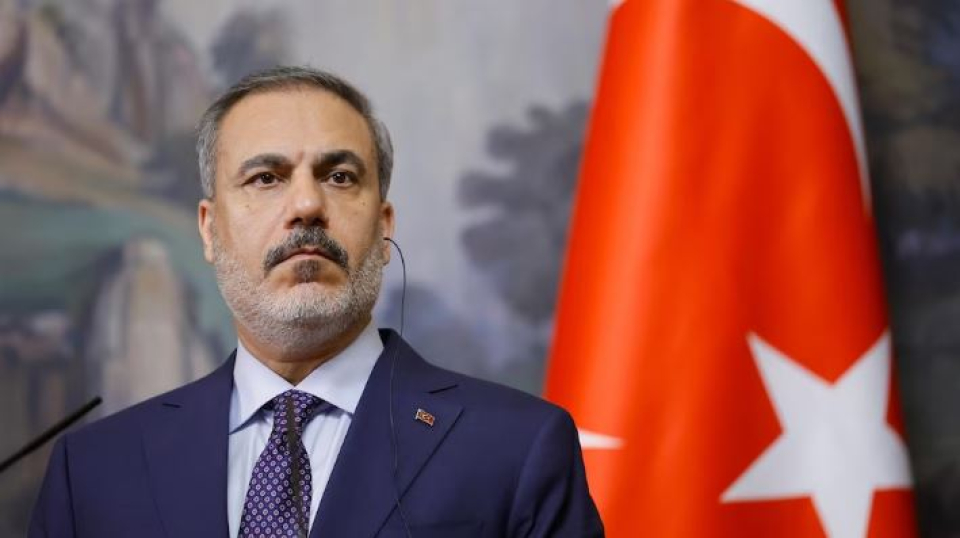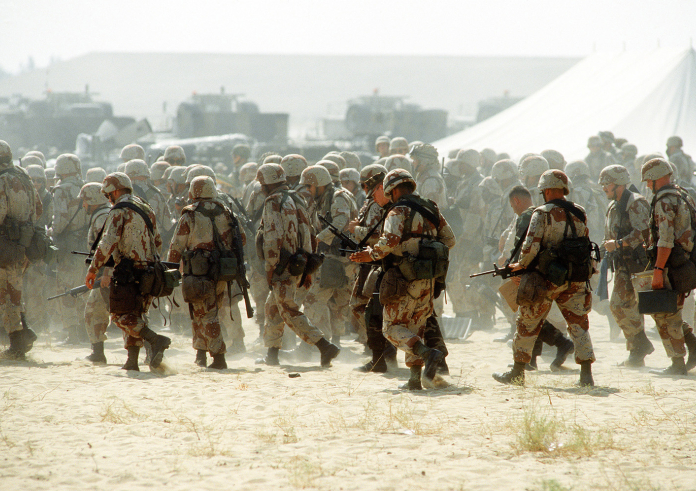Turkish warplanes launched a series of airstrikes against suspected Kurdish militant targets in Iraq, responding to a suicide bombing claimed by the outlawed Kurdistan Workers’ Party (PKK) in Ankara. The attack outside the Interior Ministry in Ankara resulted in one attacker detonating explosives and another being killed in a shootout with police, injuring two police officers. In retaliation, Turkey targeted 22 suspected PKK positions in northern Iraq, destroying caves, shelters, and depots used by the militants.
It marked the third Turkish airstrike against Kurdish militant sites in northern Iraq following the Ankara attack. Turkish Defense Ministry reported that a significant number of PKK militants were "neutralized" in the strikes. Meanwhile, dozens of individuals suspected of links to the PKK were detained in raids across Turkey.
Foreign Minister Hakan Fidan announced that Turkish intelligence confirmed the attackers arrived from Syria, where they had been trained. Turkey vowed to target facilities in Syria and Iraq belonging to the PKK or its affiliated Kurdish militia group in Syria, known as the People's Defense Units (YPG). Fidan stated that all infrastructure, superstructure, and energy facilities of the PKK or YPG in Iraq and Syria are now considered legitimate targets.
However, Syrian Kurdish Commander Mazloum Abdi, of the U.S.-backed Syrian Democratic Force, denied that the Ankara attackers were trained in Syria or crossed into Turkey from Syria. Abdi emphasized that his forces are not involved in Turkey's internal conflict and expressed concerns that Turkey might use the incident as a pretext for further aggression.
In a separate development, Turkish intelligence agents reportedly killed a wanted Kurdish militant, Nabo Kele Hayri, in an operation in Syria. Hayri, also known as Mazlum Afrin, was wanted for his alleged role in planning an attack on Istanbul's main pedestrian street, Istiklal, which killed six people last year.

















